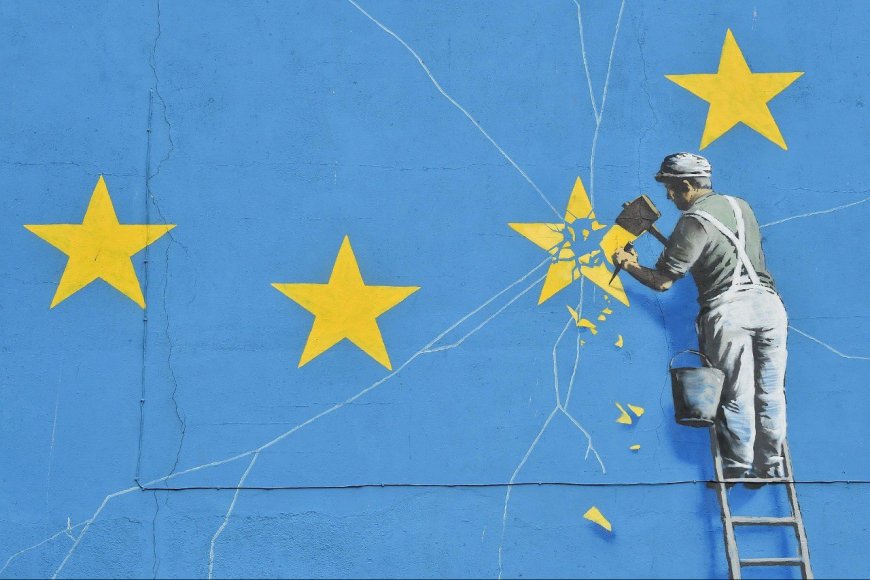How the crisis in Ukraine is reshaping European Union's global strategy

By: M. Sharifi
Recent political upheavals, including anti-democratic uprisings in the heart of Europe, the escalation of war and regional conflicts across the Middle East, China's rising power, and the intensification of the global power struggle, have presented the European Union with insurmountable challenges. Regardless of the long-term or short-term strategic motives Moscow may have had for its military campaign in Ukraine in March 2022, it marked a crucial step in the geopolitical destiny of Eurasia and prompted European countries to dread Russia and its ally China more than ever before.
Europe's geopolitical challenges, which have resulted in varying degrees of threats to the European Union as a bloc and to each European country on a regional level, began in 2014, during the first phase of the Ukraine crisis, culminating with Russia's annexation of the Crimean Peninsula.
The Kremlin's new menacing approach threatens not only the architecture of the European collective security outlined in the 1990 Paris Charter but also the concept of "zero threat," regarded as one of Europe's political pillars.
China's rise is the EU's second-most serious security threat. China's global reach and influence, particularly in Europe, grew rapidly in 2014, almost simultaneously with the outbreak of the Ukraine conflict. The advent of Beijing's Belt and Road Initiative (BRI) laid the framework for China's global expansion. This challenge has far-reaching repercussions that transcend economics and trade; it impacts Europe's political security and cultural orientations and contradicts some of the most basic Western ideas about the world's inexorable march towards so-called liberal democracy and laissez-faire markets.
As a result, China has successfully adhered to a method of development and progress that is completely different from Western doctrines, demonstrating that the path to development and progress is not limited to the Western approaches.
Recent events have also demonstrated how the escalating rivalry between the United States and China may have an impact on or marginalise other crises, such as the one in Ukraine.
Recent events have also illustrated how the rising competition between the United States and China may influence or diminish other crises, such as the one in Ukraine. On the other hand, the European Union developed an inventive strategy dubbed "Global Gateway" for modernising global infrastructure.
It is expected that the EU's Global Gateway strategy will raise up to $300 billion by 2027 from the EU budget, member states, and the private sector to assist emerging economies in accelerating their green and digital transformations.
At the same time, it seeks to boost the economic and political standing of the European Union internationally.













































